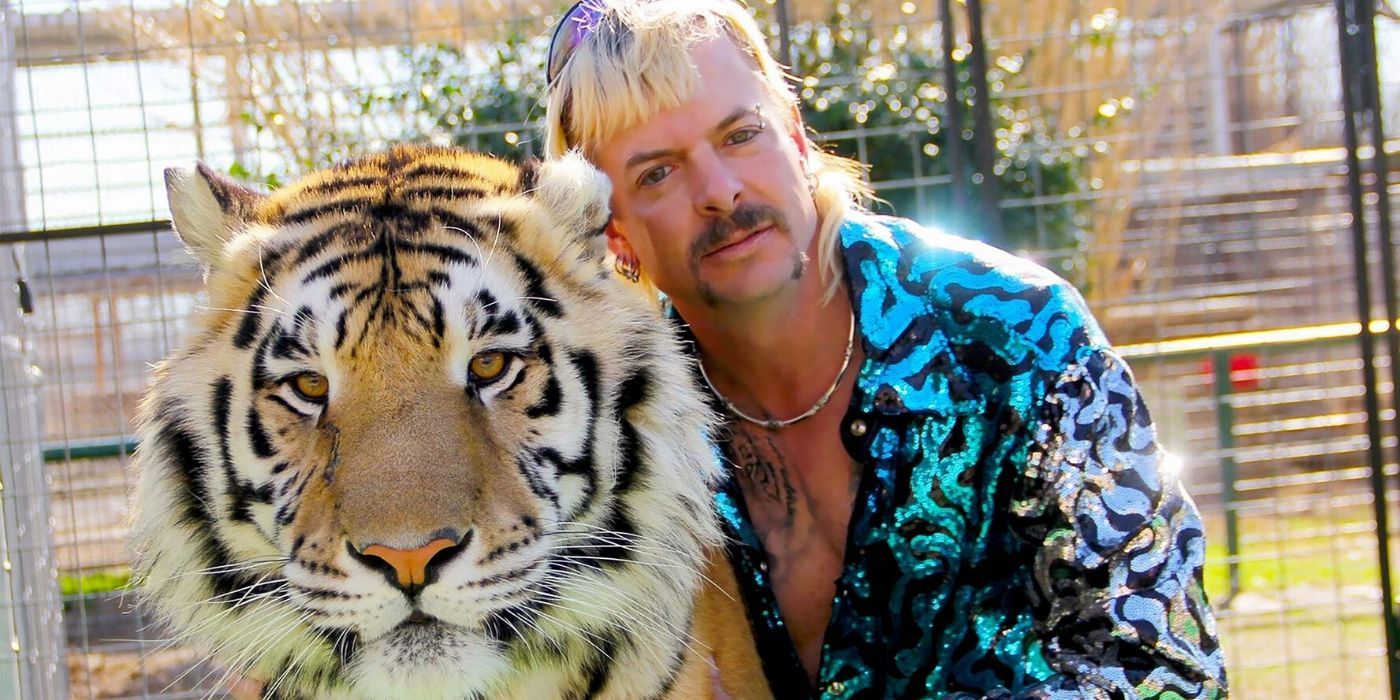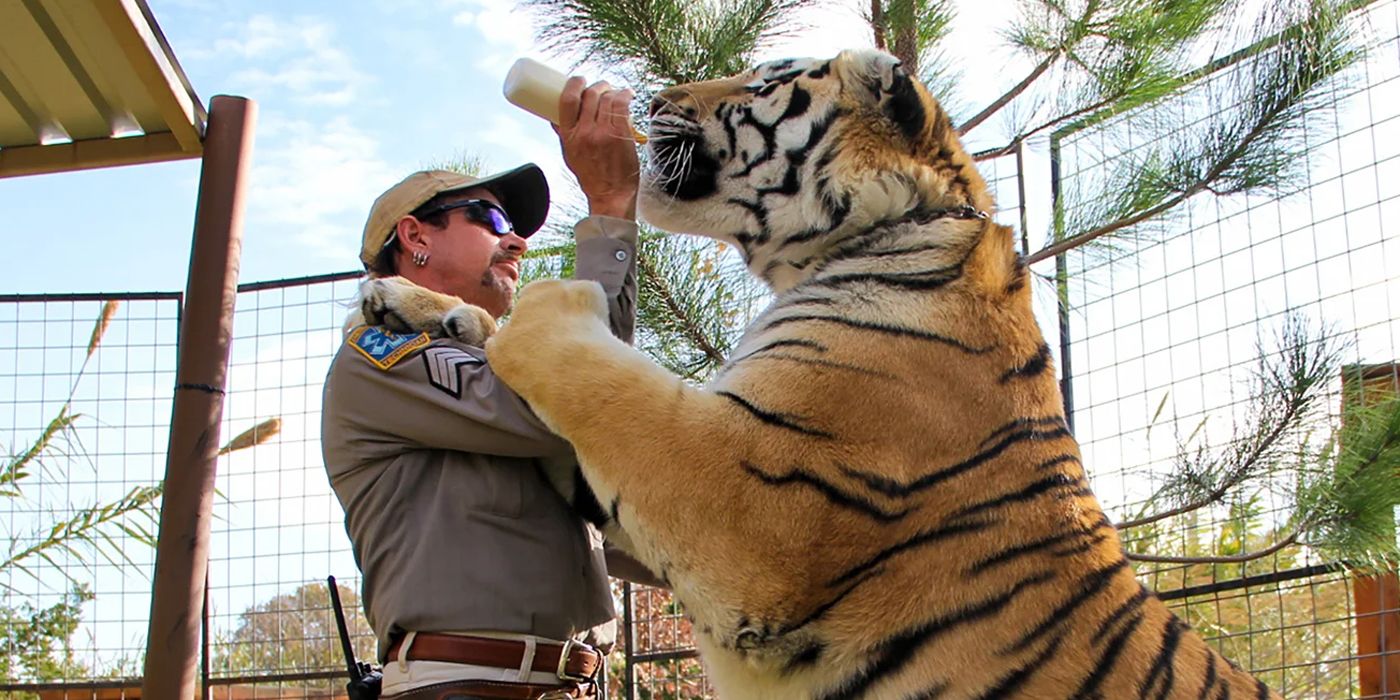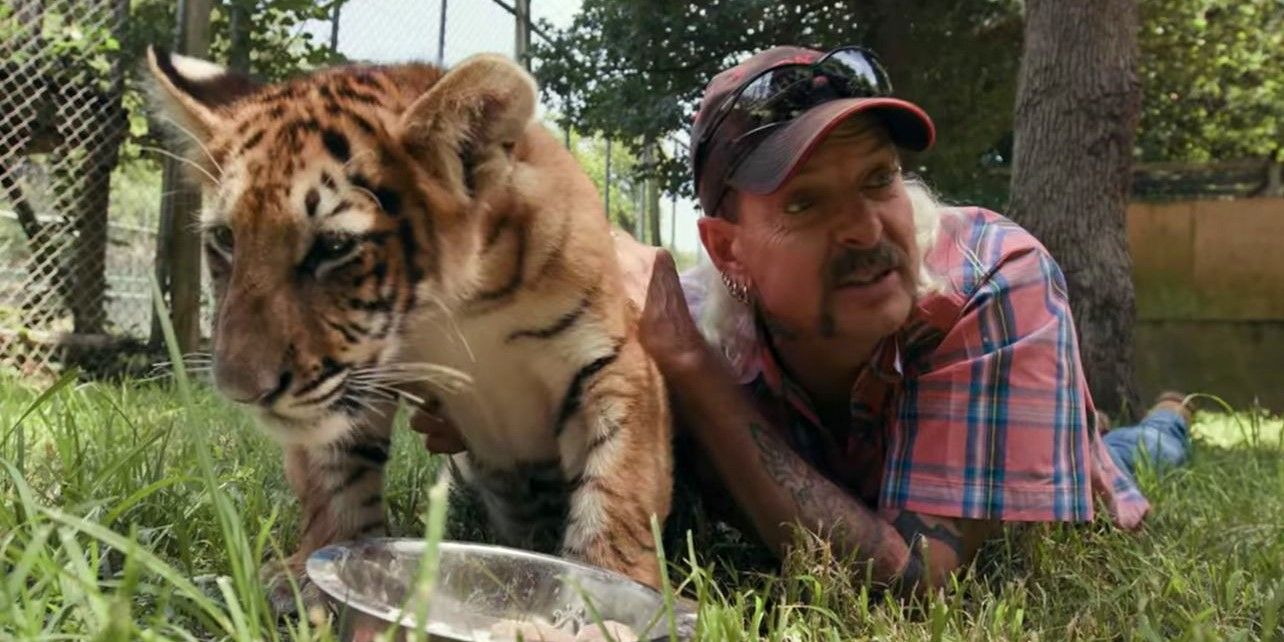Voting for Emmy nominations is coming up soon, and among the contenders is the popular Netflix docu-series Tiger King: Murder, Mayhem and Madness, which touches on issues around the captivity and breeding of big cats in America, which includes animal cruelty, conservation and exploitation. A compelling cast of characters, including the cultish Bhagavan Antle and former drug kingpin Mario Tabraue, as well as the drama surrounding their lives, form the central story. There is no denying that Tiger King is entertaining and may be deserving of a nomination, but it does not deserve the award.
A big reason for this is the broad scope the show covers. For a seven-episode documentary, it tries to do too much. The early episodes introduce the main figures Joseph Maldonado-Passage, aka Joe Exotic, a mulleted country singer who owns an exotic animal park, and Carole Baskin of Big Cat Rescue. Over the years, the two have traded barbs and slandered each other's reputations, becoming bitter rivals in the process. Joe believes his business helps big cats, but Carole thinks his practices are exploitative.
However, after learning of this, audiences are bombarded by a confusing host of issues that cover everything from organized crime to labor malpractice. The entire third episode is devoted to the mysterious disappearance of Carole's husband, which Joe believes she was involved in, but this is an unnecessarily long digression from the core of the show.
The next thing working against Tiger King's Emmy prospects is its focus on reality style drama. Animal welfare and conservation ultimately take a back seat to the pettiness of Joe's attacks against Carole, which come in the form of country diss songs, defamatory videos and bad photoshops. His antagonism becomes increasingly extreme and disturbing, resulting in threats of violence and arson, which leads to him being charged for hiring a hitman to kill Carole. These things are engrossing and amusing at times, as is Joe's egotism, but the focus on them becomes monotonous.
In the end, all of this detracts from more important issues relating to animal welfare, which are barely addressed in favor of the human sideshow. Carole's fight to get the Big Cat Public Safety Act passed, for instance, is only briefly mentioned, while Joe's somewhat ludicrous run for governor of Oklahoma receives a long look.
Judging by these things, Tiger King was never meant to be an Emmy contender. The storylines are focused on scandal, the edits underhanded and the characters are there to make viewers feel superior, which are all hallmarks of reality TV, not a serious documentary. With a protagonist like Joe Exotic, its focus is the juicy and salacious. Maybe the show's producers were catering to modern tastes, and if high ratings were their goal, they achieved it.
The Last Dance and The Elephant Queen, among other strong nonfiction contenders, are in the running this year. Tiger King may be able to earn a nomination due to its undeniable popularity, but it got lucky in that regard.
Its attention is scattered and subject matter too tawdry, which takes away from the potential it had for focusing on the real stars of the show: the exotic animals. One interesting topic that comes up in the first couple of episodes is animal captivity versus conservation. Carole argues that it's abusive and leads to trafficking, while people like Joe and Bhagavan say it's essential to preserving endangered species. Delving into this further while sidelining Joe's story would have given Tiger King a better chance for an Emmy, but then it would have been a different documentary altogether. The producers' fixation on Joe may have ratcheted up viewership but cost them in the awards department.



